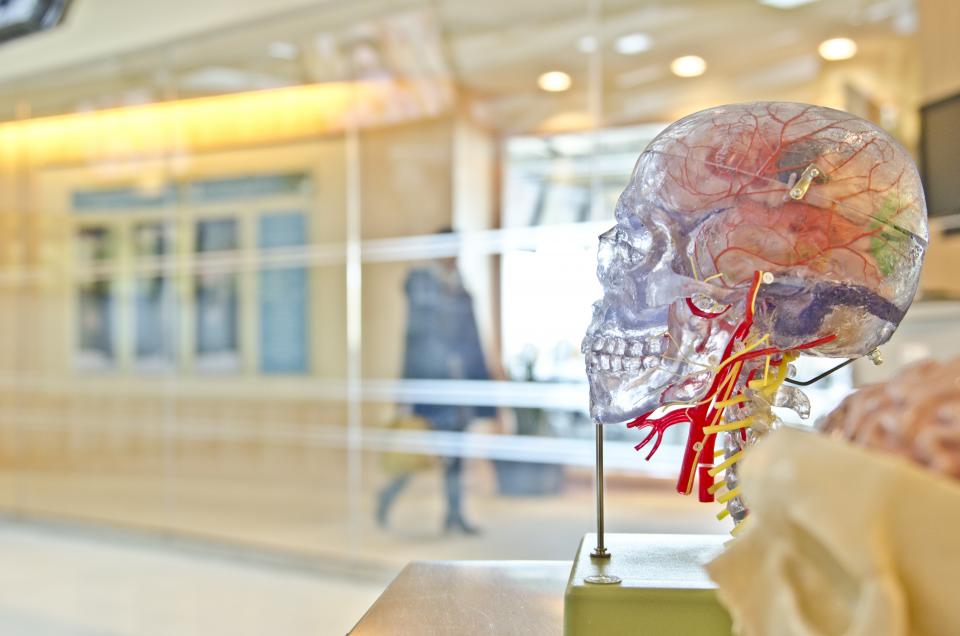“The head of Canada’s financial crime watchdog agency is second-guessing his decision last year to withhold the name of a bank — which CBC Investigates has identified as Manulife Bank of Canada — fined $1.15 million for not reporting hundreds of transactions it was obligated to report under the Proceeds of Crime (Money Laundering) and Terrorist Financing Act.
The Financial Transactions and Reports Analysis Centre of Canada (FINTRAC) received an earful from angry Canadians upset that it wouldn’t share the name of the bank — the first in Canada to be penalized under the country’s expanded money laundering rules, which were amended in 2002 to include terrorist financing,” wrote John Nicol, Dave Seglins and Steve Niles for CBC News on Monday February 27, 2017.
Nicol, Seglins and Niles continued, “CBC News sources confirmed the case involves Manulife Bank and its failure to report 1,174 international electronic money transfers, 45 cash transactions involving at least $10,000 each, as well as one suspicious transaction.
Manulife Bank is a wholly owned subsidiary of Manulife Financial Corporation, a $47-billion insurance and financial services company. The bank doesn’t have physical branches and sells its products primarily through financial advisors.
Manulife Financial issued a brief written statement Monday afternoon calling the infractions “administrative lapses.”
Read the full article here.





